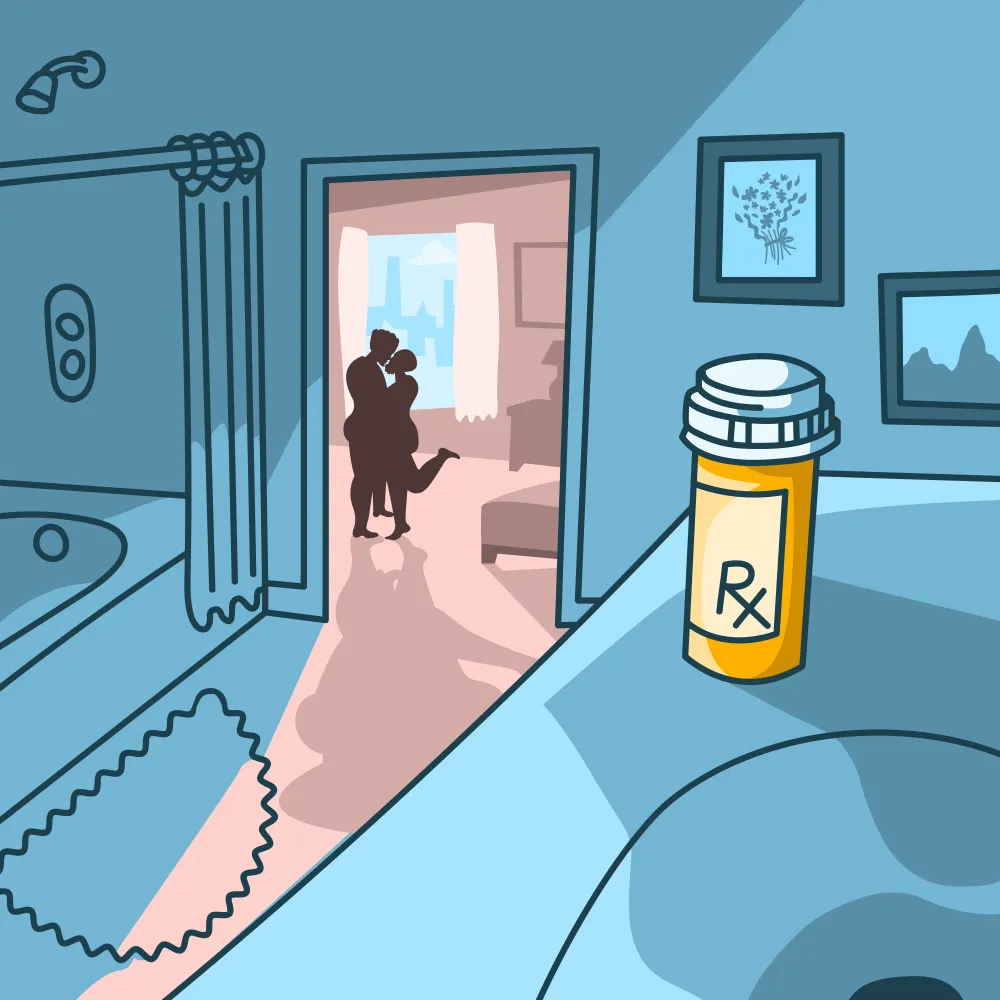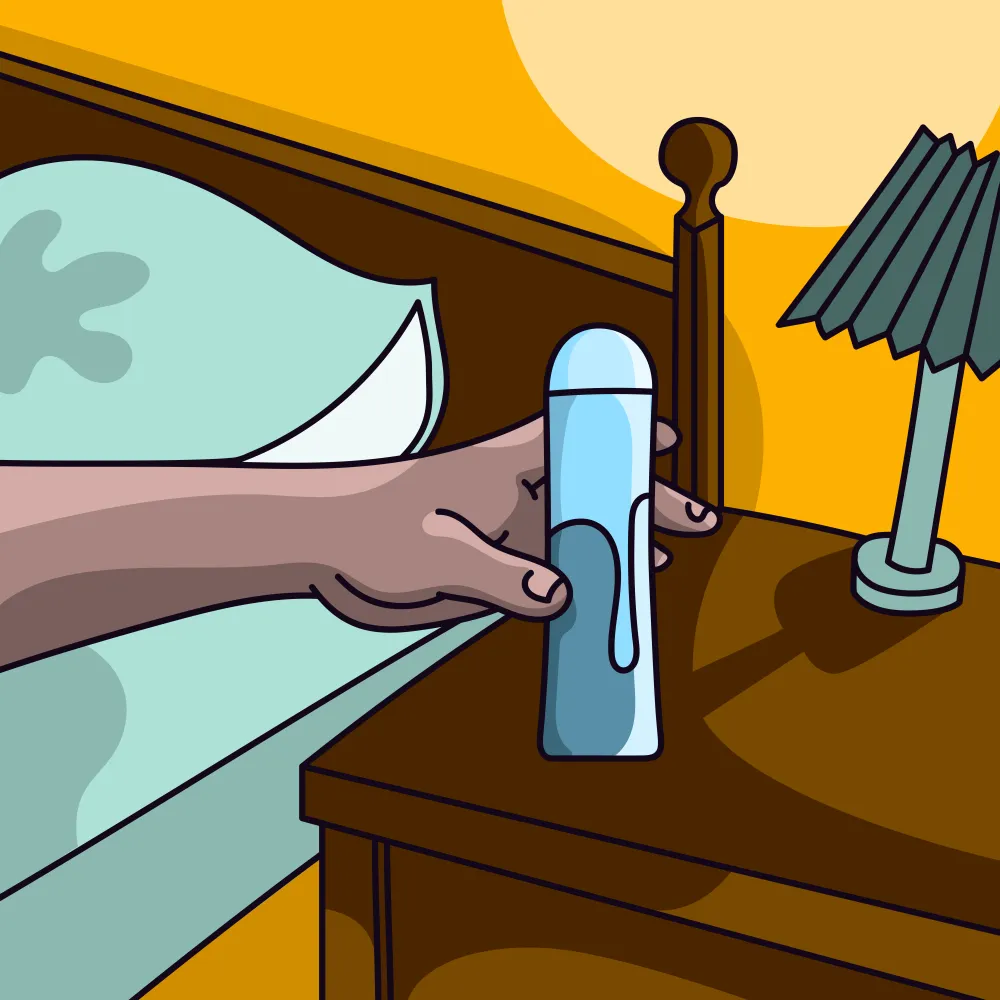DoxyPEP is the newest tool we have for STI prevention. It’s short for “doxycycline post-exposure prophylaxis”, which means taking the antibiotic doxycycline after having condomless sex to reduce the risk for bacterial STIs. You take two 100mg pills or capsules (for a total dose of 200mg) within 72 hours after sex. The sooner someone takes DoxyPEP, the better – it’s most effective if taken within 24 hours.
When DoxyPEP was first studied, research showed it was very effective against chlamydia and syphilis. This research also suggested it could reduce risk for gonorrhea by up to 50%. However, one study in Europe showed no effectiveness against gonorrhea. We knew it had some effectiveness, but the results were mixed. Now we have real-world data that gives us a clearer picture.
The latest research
San Francisco was the first city to implement DoxyPEP as a public health strategy in 2022. A study published on January 6, 2025 has now shown how this strategy worked after its first year. This study tracked STI rates among 11,551 PrEP patients across many clinics in the city. 2,253 of these patients were also on DoxyPEP. It compared bacterial STI rates over one year between PrEP patients who were or were not on DoxyPEP.
What did the results show?
DoxyPEP reduced chlamydia rates by 79% and syphilis rates by 80%. This matches up to the rates shown from original research.
The results are a bit more complicated for gonorrhea - it depends on where someone had the infection. Gonorrhea rates were reduced by 44% in the penis and by 19% in the rectum, but did not reduce infection in the mouth/throat. If you’ve seen discussions of these findings in other places, you may have seen a 12% reduction mentioned – this refers to all these body parts combined.
What do these results mean?
DoxyPEP is highly effective against syphilis and chlamydia. We now have data that proves how this works among the community. That’s because this paper is the first time researchers have used data gathered from patients attending a sexual health clinic, instead of people who are formally enrolled in a study.
The gonorrhea effectiveness in this paper is “statistically significant” but still “modest”. In other words, it’s not completely ineffective but it’s less than we initially thought.
If we look at the science behind these STIs and the medications used to treat them, this makes sense. Doxycycline is used as one treatment option for syphilis and chlamydia, which explains why DoxyPEP works better against them. Doxycycline is not used as a treatment for gonorrhea, so we would not expect it to be as effective.
Who is DoxyPEP for?
DoxyPEP is only recommended for people who were born with a penis, have similar sex partners and don’t always use condoms. This is because the research supporting DoxyPEP only showed it was effective in people with these body types. There is more research ongoing to explore DoxyPEP and its effectiveness for vaginal sex.
Guidelines from America’s Centers for Disease Control and Prevention strongly recommend that DoxyPEP be considered for people who have had a bacterial STI in the last year, but they also say that DoxyPEP is reasonable for anyone who is on HIV PrEP and having condomless sex. In the recent San Francisco study, over half of DoxyPEP patients did not have an STI in the year before starting DoxyPEP.
Remember – you can still get STIs on DoxyPEP. Regular testing and treatment is essential.
Risks & side effects
Some patients and providers are concerned about potential antibiotic resistance. There are several studies under way looking at this. However, doxycycline has been widely prescribed for many decades, often for long courses, to treat acne or prevent malaria. This has not led to resistance issues so far.
To learn more about side effects and drug interactions, check out our DoxyPEP article. To decide if DoxyPEP is right for you, speak to a clinician.
Public health units are carefully considering these risks alongside the benefits of reducing STI transmission. At the time of writing, DoxyPEP has been formally endorsed by the CDC. The Public Health Agency of Canada is currently conducting its review.













